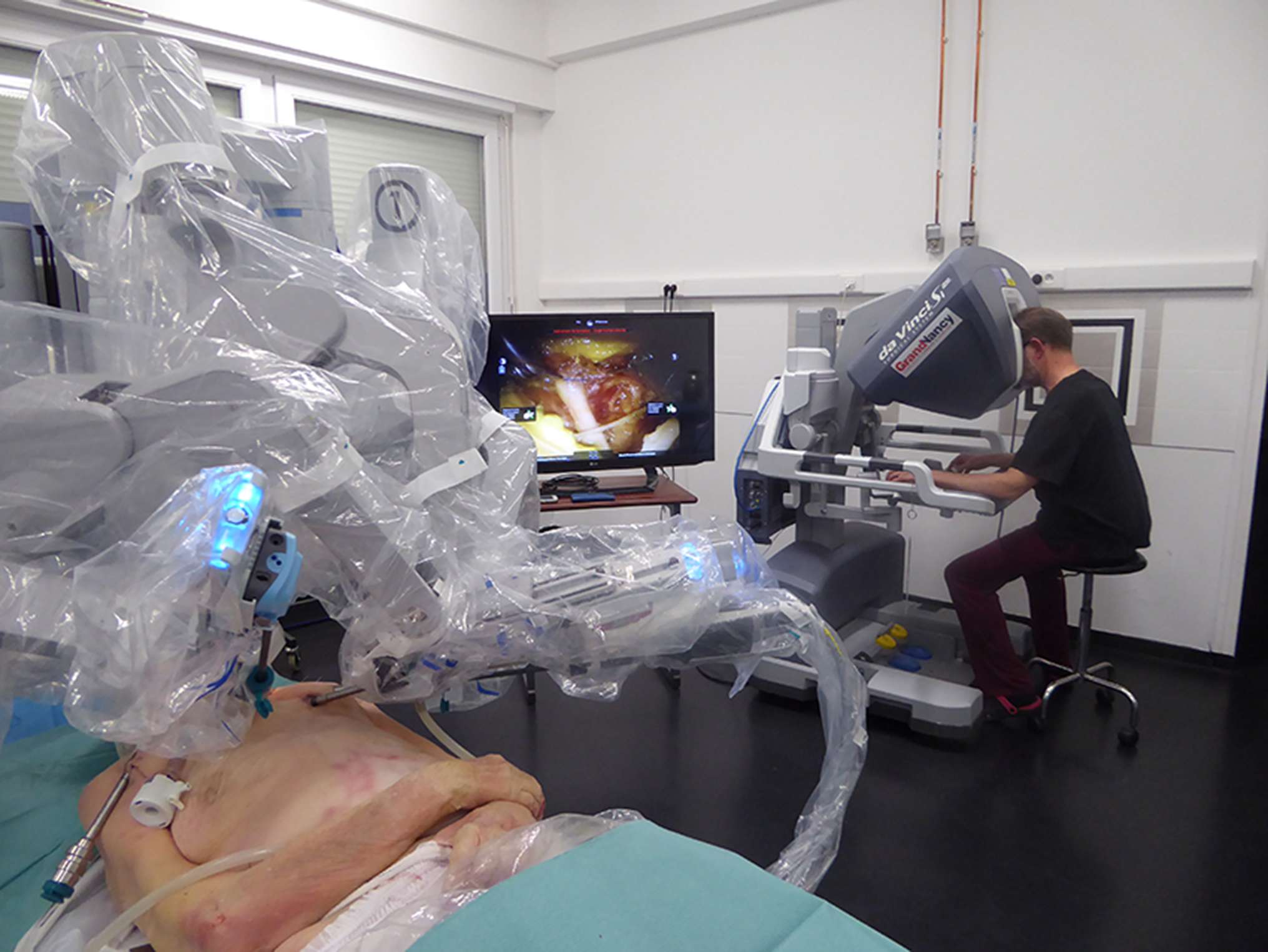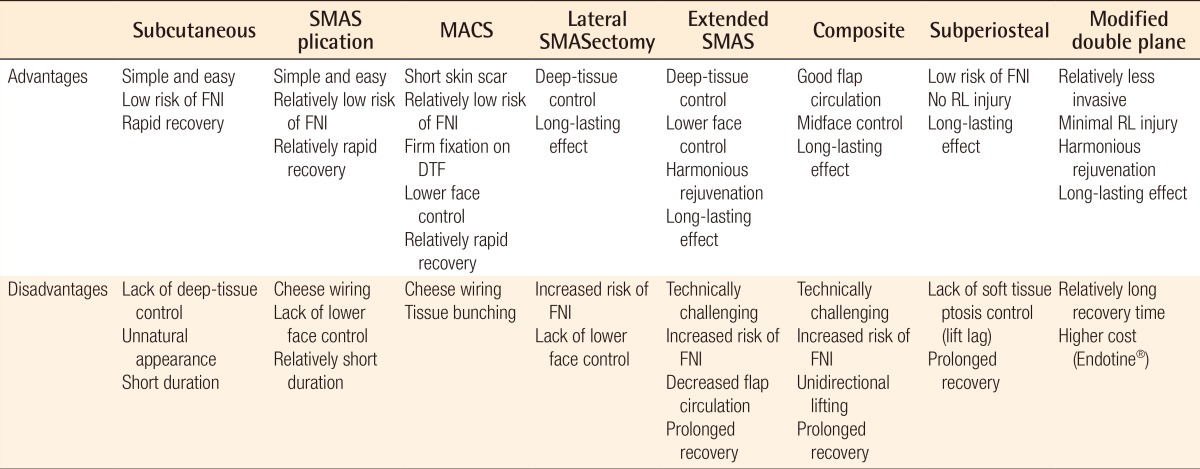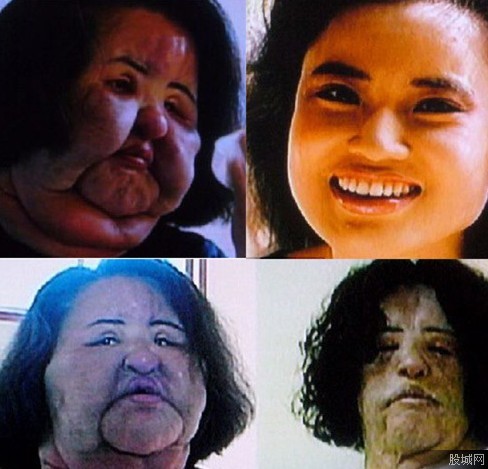Plastic surgery refers to a range of surgical procedures that are performed to alter or repair certain parts of the body. These procedures can be performed for cosmetic purposes, such as improving the appearance of a person's face or body, or for medical reasons, such as repairing a deformity or injury. While plastic surgery can have many benefits, it also has a number of disadvantages that should be considered before undergoing any procedure.
One of the main disadvantages of plastic surgery is the risk of complications. All surgical procedures carry some risk of complications, and plastic surgery is no exception. These complications can range from minor issues, such as scarring or infection, to more serious problems, such as nerve damage or an allergic reaction to the anaesthesia. In some cases, these complications can be severe and may require additional surgery to correct.
Another disadvantage of plastic surgery is the cost. Many plastic surgery procedures are not covered by health insurance, and the cost of the procedure can be significant. For example, a facelift can cost several thousand dollars, while breast augmentation can cost even more. The cost of plastic surgery can be a significant financial burden for some people, especially if they are not prepared for the expenses associated with the procedure.
In addition to the financial cost, plastic surgery can also be time-consuming and disruptive to a person's daily routine. The recovery time for many plastic surgery procedures can be several weeks or more, depending on the type of procedure and the patient's individual circumstances. This can mean taking time off work, cancelling plans, and making arrangements for others to care for the patient during the recovery period.
Another disadvantage of plastic surgery is the potential for negative psychological effects. While many people who undergo plastic surgery are happy with the results, some may experience disappointment or dissatisfaction with the outcome of the procedure. This can lead to feelings of self-consciousness, depression, or even body dysmorphic disorder, a condition in which a person becomes preoccupied with perceived flaws in their appearance.
Finally, plastic surgery can also have social and cultural implications. In some societies, plastic surgery is stigmatized and may be seen as a sign of vanity or a lack of self-esteem. This can lead to negative judgments or discrimination from others, which can be damaging to a person's self-esteem and social relationships.
In conclusion, while plastic surgery can have many benefits, it is important to carefully consider the potential disadvantages before undergoing any procedure. These may include the risk of complications, the cost and time involved, and the potential for negative psychological and social effects. It is important to consult with a qualified plastic surgeon and carefully weigh the pros and cons before making any decisions about plastic surgery.








